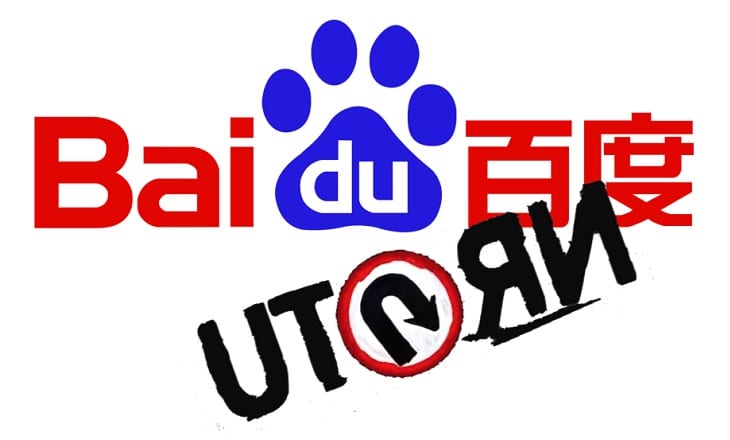LeapRate Exclusive… LeapRate has learned from various FX industry insiders that Chinese online search giant Baidu Inc (ADR) (NASDAQ:BIDU) is reversing its ban on ads for online Retail Forex brokers which was instituted earlier this year.
However, Baidu will allow ads only by specific brokers which it approves on a one-by-one basis.
LeapRate reported exclusively about six months ago that Baidu had initially banned ads for Binary Options brokers, which it later expanded to include Retail Forex brokers, following a general shakeup and crackdown in online advertising in China. (More on that story and what led to the ban can be seen in our original article here).
Baidu accounts for about 70% of search results in China, a figure fairly close to that of Google search outside of China. So for companies such as online brokers which rely mainly on online advertising for generating new client leads, the ban has created a major shakeup in the China retail forex sector.
However we have learned that Baidu has since softened its stance somewhat, and is involved in due diligence processes with a number of Retail Forex brokers wanting to do business with Chinese clients.
Baidu’s diligence process is apparently quite extensive, examining everything from ownership, to licensing, to general reputation of each broker being vetted. Most if not all of the brokers being considered to be green-lighted for advertising on Baidu are licensed in recognized jurisdictions, such as the EU (FCA, CySEC) and Australia (ASIC).
The permitted advertising itself will also remain under scrutiny. A broker found to be using misleading or unrealistic ads (e.g. guaranteed returns, no-risk trading, etc.) will lose their advertising rights.
While allowing banner ads for approved brokers, Baidu is still going to be very guarded about search results. Backlash following the death of an ill Chinese university student earlier this year – after he chose a cure for the rare form of synovial sarcoma afflicting him based on paid-for search results on Baidu – led Baidu to overhaul its search results process, focusing on better labeling (and a reduction) of paid-for results.
